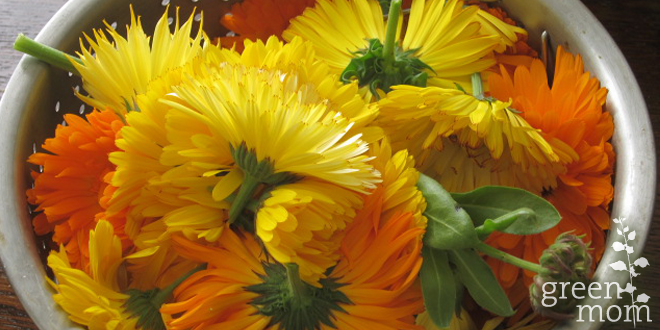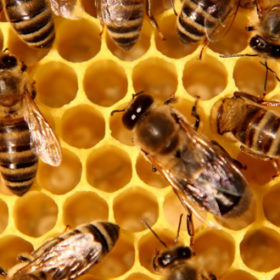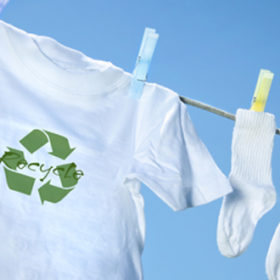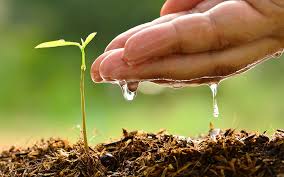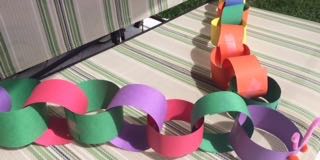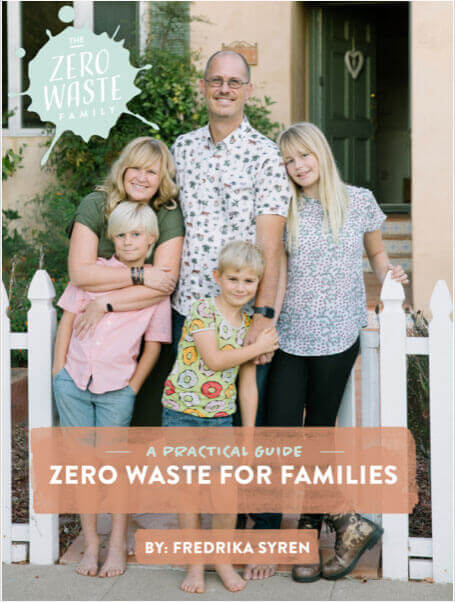By Chef Centehua:
Under appreciated, overlooked, misunderstood. Some are even called invasive … I am talking about weeds. These healing plants growing in our area are loaded with medicinal properties.Even those of us living in suburban areas can find a lot of herbs that can be incredibly beneficial to our health. We are surrounded by free food and medicine.
The dandelions growing in your neighborhood want to help you detoxify and give your liver a little support. Health and well-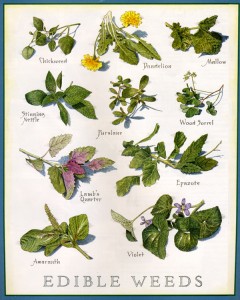 being doesn’t have to be complicated. It also doesn’t need to come at great cost. Many of us believe that only the packaged vitamins and minerals that have some sort of certification are safe for human consumption. Truth is that the free medicine growing in our environment is often times better equipped to help us heal than anything we can buy from the health food store. I am, of course, generalizing and assuming you live in a city or town with some hiking trails and perhaps a neighborhood or a park where nature is not sprayed. There is an increasing number of people who are becoming educated on the damaging effects of chemical pesticides. Many people are choosing alternatives and allowing their gardens to grow naturally.
being doesn’t have to be complicated. It also doesn’t need to come at great cost. Many of us believe that only the packaged vitamins and minerals that have some sort of certification are safe for human consumption. Truth is that the free medicine growing in our environment is often times better equipped to help us heal than anything we can buy from the health food store. I am, of course, generalizing and assuming you live in a city or town with some hiking trails and perhaps a neighborhood or a park where nature is not sprayed. There is an increasing number of people who are becoming educated on the damaging effects of chemical pesticides. Many people are choosing alternatives and allowing their gardens to grow naturally.
I do not recommend foraging in areas that clearly are toxic. This brings me to my next point. Get to know your neighbors, even if just to say, “Hi, I notice you have mugwort and dandelions growing around your house. Mind if I harvest some? Oh, and do you spray your lawn or weeds?” You know – friendly, neighborly conversations.
I can be quite an introvert, believe me. I enjoy my privacy and my cocoon; however, in matters like these, I make an effort to initiate neighborly connections. Not only is this about connection to my environment but it is also about human connection and collaboration. What is the worst that can happen? My grouchy neighbor says, “Get off my lawn you crazy hippy and, yes, I do spray the hell out of those darned dandelions!” In this case, I would simply bow my head and wish them a good day anyway. Some people don’t even know they have a fruit bearing tree and a patch of wild chamomile or purslane growing around their fence.
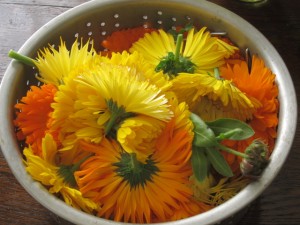 I also recommend going on hikes to look for edible weeds. Find your local trails, forests, parks, etc. Getting to know the plants that grow in your environment is empowering. It is an ancient practice: we just need to remember what our ancestors knew. It was essential for their survival. Now we are faced with many environmental and health issues, so learning to forage and wild craft our own medicine is incredibly valuable. When you pick a weed and you can smell it, you’ll know that it contains medicine. That scent, that fragrance, is from the plant’s medicinal chemicals. Sadly, many people say, “You’re a weed; therefore, I must eradicate you from my landscape.”
I also recommend going on hikes to look for edible weeds. Find your local trails, forests, parks, etc. Getting to know the plants that grow in your environment is empowering. It is an ancient practice: we just need to remember what our ancestors knew. It was essential for their survival. Now we are faced with many environmental and health issues, so learning to forage and wild craft our own medicine is incredibly valuable. When you pick a weed and you can smell it, you’ll know that it contains medicine. That scent, that fragrance, is from the plant’s medicinal chemicals. Sadly, many people say, “You’re a weed; therefore, I must eradicate you from my landscape.”
My favorite wild herb to forage is stinging nettle. This amazing weed is really undervalued. It is the “cure-all,” highly medicinal and appropriate for women. It so happens that nettle has a high Iron content, so it helps build blood and regulate women’s menstrual cycles. It also assists nursing women in milk production and is perfectly safe to use while pregnant, too. There are a few things to research, though. Many plants like nettle are best used before they go into flower. Just as we and everything else in nature have cycles, so does every plant. So get to know the plants you are working with. There are great online sources and books.
Getting to know your weeds is no different from getting to know a person. We are building a relationship with living, breathing sentient beings. They have needs and also provide for our needs. We can cultivate a symbiotic relationship with our plant allies, so part of this process is simply getting to know each other. You might resonate with some weeds better than others, depending what is going on in your body and in your life at the time. Foraging and making medicine helps us to tune in to our bodies and see what we really need.
Here is a list and brief description of my favorite and abundant weeds in my area:
- Nettle- Diuretic, anti-inflammatory, blood builder
- Mugwort- Improves digestion, supports the cardiovascular system
- Purslane- High in omega-3 fatty acids, regulates metabolism (my favorite
- gourmet weed)
- Calendula- Soothing tea for gastrointestinal problems
- Dandelion- Liver support, skin cleanser, blood purifier
I recommend joining an herb walk in your area and getting to know the community of herbalists and weed enthusiasts. You’ll have a blast!
Happy foraging!
Chef Centehua (food lover, weed forager, barefoot hiker)
Inspiration and resource:
http://www.goodreads.com/book/show/541598.Sacred_Plant_Medicine
http://www.goodreads.com/book/show/113039.Rosemary_Gladstar_s_Family_Herbal


